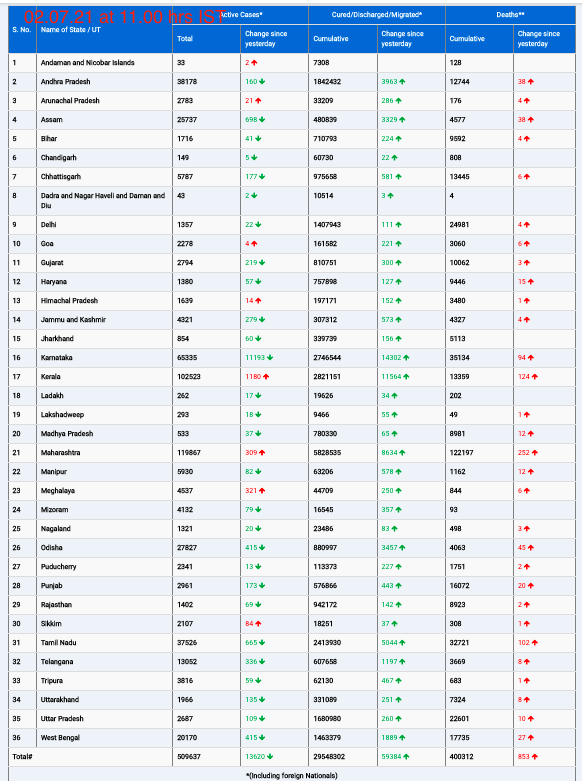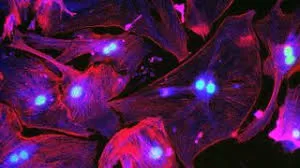Stockholm, Sweden – November 28, 2024
Certain hormone replacement therapy (HRT) tablets, particularly those containing both estrogen and progestogen, are associated with an elevated risk of heart disease and serious blood clots, according to a new study published in The BMJ. The research, based on data from nearly a million Swedish women, sheds light on the varying cardiovascular risks posed by different HRT treatments.
The study found that oral HRT tablets combining estrogen and progestogen significantly increased the risk of ischemic heart disease and venous thromboembolism (VTE)—a rare but potentially life-threatening blood clot condition. Another commonly used HRT tablet, tibolone, was linked to a higher risk of heart disease, heart attack, and stroke but did not increase the likelihood of blood clots.
Researchers emphasized the diverse effects of different hormone combinations and delivery methods. Transdermal HRT treatments, such as patches, gels, and creams, were not associated with an increased risk of cardiovascular disease, offering a safer alternative for some women.
The Study
The analysis drew on data from 919,614 healthy Swedish women aged 50–58, who had not used HRT in the preceding two years. The women were assigned to one of eight treatment categories, ranging from oral and transdermal therapies to no HRT, and were monitored for cardiovascular events over two years.
The study found:
- Oral combined continuous therapy and tibolone: Linked to 11 additional cases of ischemic heart disease per 1,000 women annually.
- Oral therapies (combined continuous, combined sequential, and unopposed estrogen): Associated with an increased risk of VTE.
- Transdermal treatments: Showed no increased risk of heart disease or blood clots.
In total, 24,089 cardiovascular events were recorded during the study period.
Implications
HRT is widely used to manage menopause symptoms such as hot flashes and night sweats, but its potential risks require careful consideration. The study reinforces the importance of tailoring HRT choices to individual health profiles, balancing the benefits of symptom relief against the risks of cardiovascular complications.
“These findings highlight the diverse effects of different hormone combinations and administration methods on cardiovascular health,” the researchers noted.
Limitations and Future Research
While the study used advanced observational techniques to mimic clinical trials, it could not establish causality. Limitations included a lack of data on menopausal status and unmeasured factors like smoking and body mass index.
The authors call for further research to explore the cardiovascular effects of various progestogens used in HRT.
The findings underscore the need for personalized approaches in HRT prescriptions, focusing on minimizing risks while effectively managing menopausal symptoms.
Source:
The BMJ, DOI: 10.1136/bmj-2023-078784.










